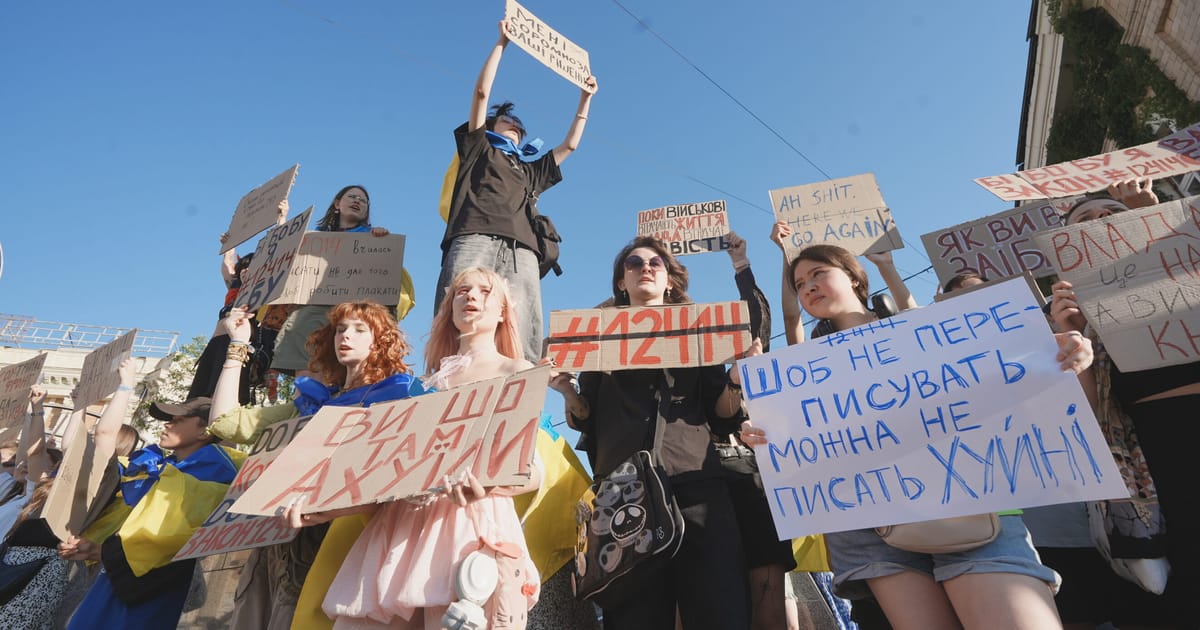

As the world navigates through challenging times, recent stories highlight key developments in political dynamics and humanitarian concerns across various regions. From diplomatic efforts to restore peace to urgent humanitarian interventions, each narrative provides a mosaic of today’s interconnected world.
Political Tensions and Resolutions in Southeast Asia
The recent hostilities between Thailand and Cambodia have drawn significant attention. An “immediate and unconditional” ceasefire agreement was struck, following negotiations facilitated by Malaysia. This comes after five days of intense fighting along their shared border, marking the worst violence in over a decade. The conflict has tragically claimed 38 lives and displaced hundreds of thousands of residents, creating urgent needs for rebuilding and reconciliation. Malaysian diplomatic efforts were praised for achieving a “common understanding,” paving the way for a hopeful resolution despite minor ceasefire violations acknowledged by the Thai military. Thailand’s leadership strives to assure its citizens and the international community of its commitment to lasting peace.
Pressures and Protests in Ukraine
In Ukraine, citizens’ growing discontent with President Volodymyr Zelenskyy’s administration reflects the complex political landscape. Recent protests underscore public expectations for stronger governance, especially as the country faces ongoing tensions with Russia. The recent surge in violence, resulting in 22 deaths and injuring 85 due to Russian airstrikes, further exacerbates these challenges. Amidst these developments, international voices, including former U.S. President Donald Trump, have pressed for accelerated diplomatic resolutions, signaling global urgency towards securing a ceasefire and ending the prolonged regional conflict.
Humanitarian Crisis in Gaza
In a dire humanitarian development, Gaza is facing a severe famine as informed by the United Nations-backed experts. The ongoing conflict and food restrictions have culminated in a scenario described by the Integrated Food Security Phase Classification as “worst-case.” This crisis, marked by widespread starvation, malnutrition, and deaths, urges immediate international intervention. Concurrently, there is growing international critique of Israel’s actions in Gaza. The European Commission’s proposal to partially suspend Israel from the Horizon science research programme further underscores the gravity of the humanitarian situation, prompting calls for humanity’s collective response to alleviate suffering and restore peace.
Broader Geopolitical Implications
The unfolding events carry significant implications for international relations and highlight the interconnectedness of global affairs. Diplomacy remains a key tool in de-escalating regional tensions, as evidenced by Southeast Asia’s peaceful negotiations. Meanwhile, the humanitarian crisis in Gaza calls upon the global community to prioritize human welfare over political agendas. These narratives remind us of the delicate balance required to sustain peace, progress, and human dignity across borders. Collectively, these stories illustrate the ongoing necessity for compassionate leadership, cooperative solutions, and unwavering commitment to humanitarian principles.
Amidst these complexities, the world stands at a pivotal juncture, where actions and decisions have a profound impact on the lives of millions. Navigating these challenges with empathy and resilience will be essential in shaping a future of peace and prosperity for all.
Source: {link}
